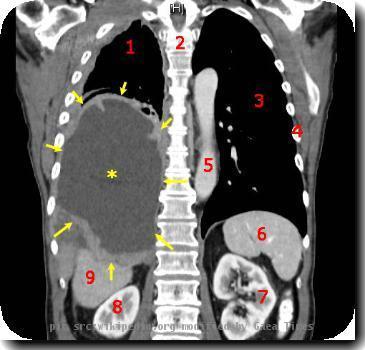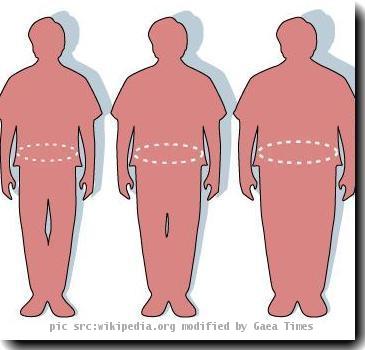Researchers finding few medical differences between ‘test-tube’ kids and other children
By Randolph E. Schmid, APSunday, February 21, 2010
Researchers: Most ‘test tube’ kids are healthy
SAN DIEGO — More than 30 years after the world greeted its first “test-tube” baby with a mixture of awe, elation and concern, researchers say they are finding only a few medical differences between these children and kids conceived in the traditional way.
More than 3 million children have been born worldwide as a result of what is called assisted reproductive technology, and injecting sperm into the egg outside the human body now accounts for about 4 percent of live births, researchers reported Sunday at the annual meeting of the American Association for the Advancement of Science.
The majority of assisted reproduction children are healthy and normal, according to researchers who have studied them. Some of these children do face an increased risk of birth defects, such as neural tube defects, and of low birth weight, which is associated with obesity, hypertension and Type 2 diabetes later in life, the researchers said.
“Overall, these children do well,” said Andre Van Steirteghem of the Brussels Free University Center for Reproductive Medicine in Belgium. “It is a reassuring message, but we must continue to follow up.”
Carmen Sapienza, a geneticist at Temple University School of Medicine in Philadelphia, noted that few of these test tube children are older than 30, so it’s not known if they will be obese or have hypertension or other health problems at age 50 or older.
Sapienza said researchers found differences in 5 percent to 10 percent of chromosome activity levels between assisted reproduction children and other kids.
What’s not clear is whether these differences result in some way from assisted reproduction techniques or if they stem from other factors, perhaps ones that caused the couple’s infertility in the first place.
Only a small fraction of the assisted reproduction children were outside the normal range of gene expression, Sapienza reported. “However, because some of the genes found to be affected are involved in the development of fat tissue and the metabolism of glucose, it will be interesting to monitor these children, long term to determine whether they have higher rates of obesity or diabetes.”
“There are genetic causes of infertility that you can bypass now,” Van Steirteghem said. “But this may mean that the next generation will be infertile, and that is something that all clinics should mention.”
One factor in low birth weight may be that in many cases assisted fertility results in multiple births, which tend to be early and of lower weight.
“We must reduce the epidemic of multiple births,” Van Steirteghem said, noting that in Sweden the rate had been cut from around 30 percent in the early 1990s to about 5 percent today.
In the United States, the Society for Assisted Reproductive Technology reported that the use of single-embryo transfers is increasing, and the frequency of triplet births is down to below 2 percent.
Sapienza noted that women seeking assisted reproduction tend to be older than those who conceive naturally, but said that had been controlled for in the studies comparing the two groups of children.
Dolores J. Lamb of the Baylor College of Medicine in Houston urged more testing of males for the reason for infertility.
“There are correctable causes of male infertility and a couple can then have children the natural way,” she said. Also, infertility can be the first symptom of diseases such as testicular cancer, Lamb said.
As of 2008, the most recent data available, the United States reported that 361 clinics did 140,795 treatment cycles leading to the birth of 56,790 babies.
On the Net:
AAAS: www.aaas.org
Tags: Assisted Reproductive Technology, California, Child And Teen Health, Diseases And Conditions, Geography, Infertility, Medical Research, North America, Pregnancy And Childbirth, San Diego, Sexual And Reproductive Health, United States, Women's Health
|
February 22, 2010: 1:03 am
Established in 1997, St. Gregorious Edu-Guidance is a leading education consultancy services providing exemplary service to students all over India. We deal in Admissions to all major professional courses in Premier Institutes across India. We are your one step solution for all career related needs, it may be MD, MBBS BE, BTech (ALL BRANCHES), , MDS, BDS, BPharm, BArch, MBA, MTech, MS, , PhD or any other courses. We provide personalized career solutions on an individual basis keeping in mind the aspirations of our client as well as the affordability factor. |



vjcherian1